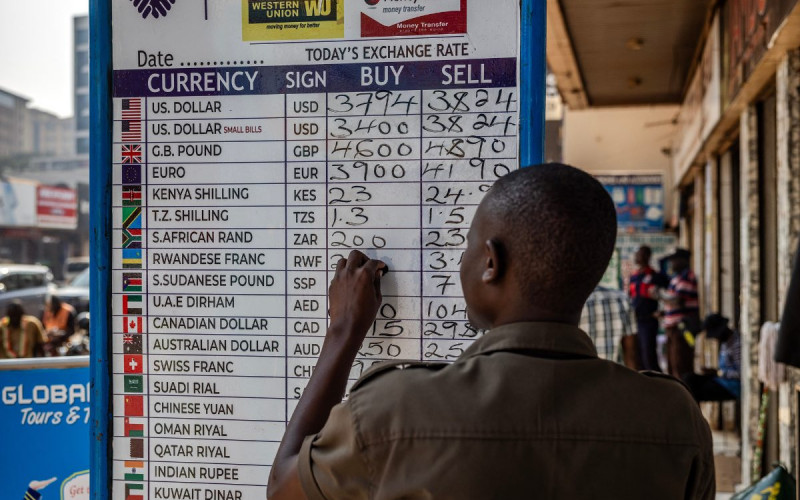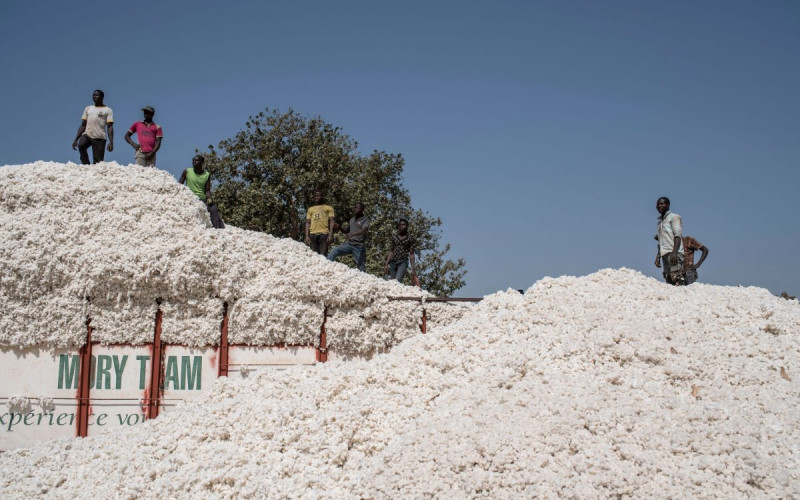The debate is moot. The media has greeted such a possibility with fanfare, yet very little serious engagement on its implications both for Zimbabwe and South Africa
The first obligation is contained in article 2 of the agreement and obliges signatory states (except for Swaziland) to back up local currency issuance with foreign reserves and disallows the monetisation of fiscal deficits. Although not legally obliged to this, the Swaziland Central Bank has maintained more than sufficient foreign reserves to back up the total amount of local currency it has issued. That this has been adhered to religiously by all parties of the CMA has served to add credibility and confidence in the arrangement, an important ingredient to the success of the agreement.
If Zimbabwe were to join the CMA, given its current foreign reserve crisis, it is highly unlikely that the country would be able to adhere to this provision. Thus admitting Zimbabwe into the CMA would be a highly risky move which holds the potential of undermining the credibility of the arrangement. Risks like these are the ones any sound policy makers seek to avoid, especially during the current economic downturn.
This leads to the second reason why adopting the Rand is highly unlikely. Theoretically, Zimbabwe could simply decide not to issue any local currency in order to circumvent this requirement. The proceeding part argues why this is alternative is highly unlikely, unviable and politically unpalatable.
Either alternative would imply that Zimbabwe would give up its monetary and exchange rate policy sovereignty whilst also placing heavy restraints on its fiscal policy space. Zimbabwe would henceforth be left with a very tight fiscal space in which to manoeuvre and pull itself out of its misery. An immediate effect would be the country using an overvalued currency (relative to its situation), which would have the consequence of immediately destroying the competitiveness of its exports, thereby crippling any export led attempt at growth.
Besides, any economy in Zimbabwe’s situation and wishing to embark on an economic recovery programme would be best advised to at least have both its fiscal as well as monetary policy at its disposal. This is because a combination of the two policies in a well-coordinated manner is essential for success. An imported monetary policy not cognisant of the country’s particular economic situation is unlikely to provide any help.
Additionally and without significant removal of barriers to trade, to at least the SACU level, such a move might not lead to the expected dampening of inflationary pressure in the country. This is because existing barriers to trade, largely via tariffs, other transactional costs and transportation costs may lead to at least a stagnation of prices at levels well above prices in the rest of the CMA.
More importantly, a surrender of its discretion to formulate and implement monetary and exchange rate policy would amount to a ‘smash and grab’ of its sovereignty. This is something Harare generally does not take kindly to. Mugabe on the one hand would see it as a ‘smash and grab’ of his (and his party’s) executive power whilst Tsvangirai would see it as an attempt by South Africa to be party to the agreement via the back door. This would most likely not fly, given ANC and ZANU-PF’s warm relations.
After all has been said and done, Zimbabwe adopting the Rand would likely be an arrangement unhelpful for South Africa and her CMA partners in as much as it would be unhelpful and politically unacceptable by Zimbabwe.







